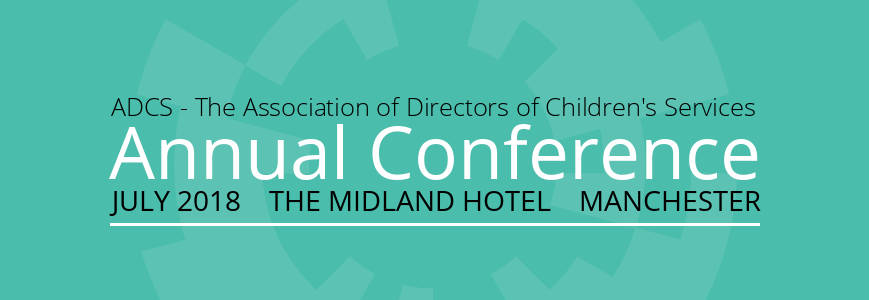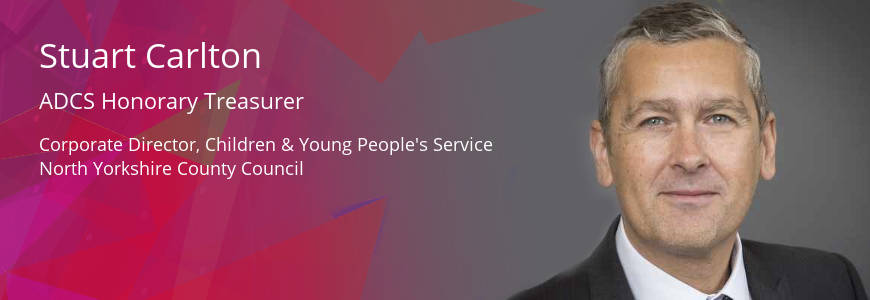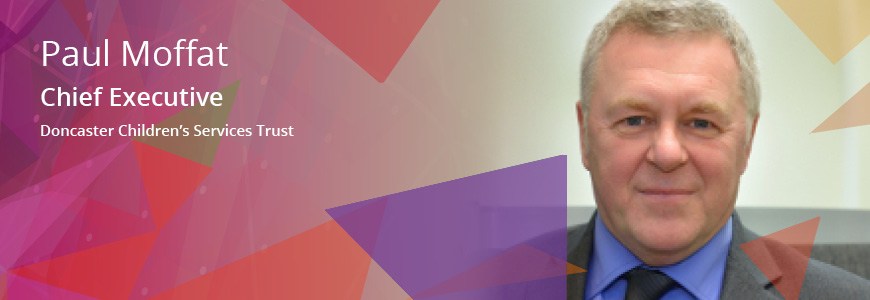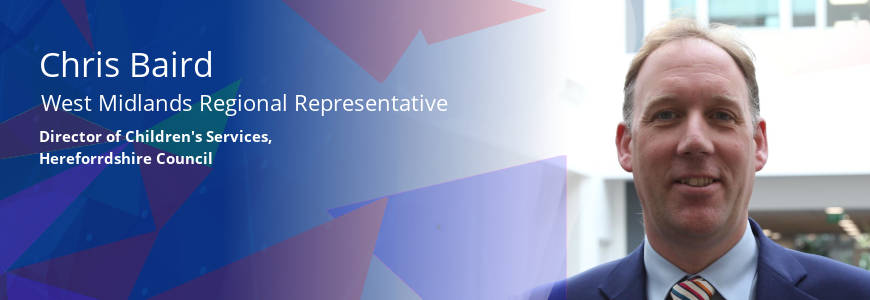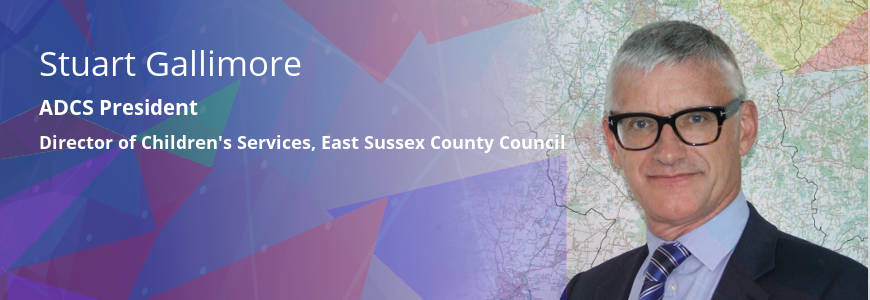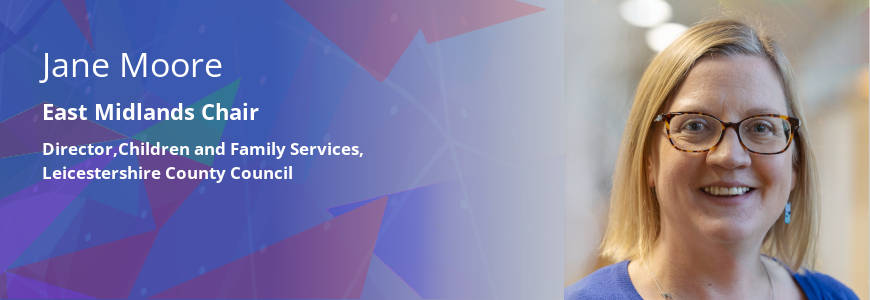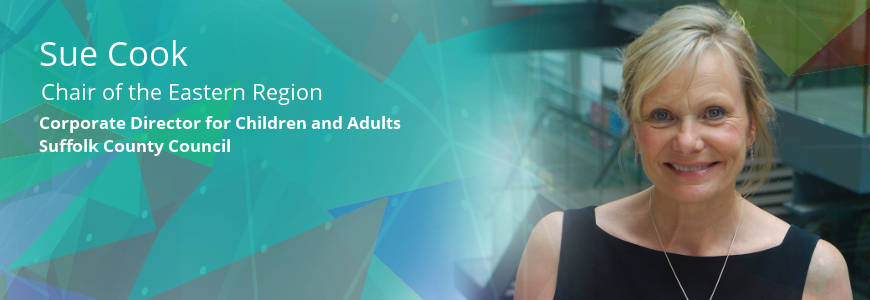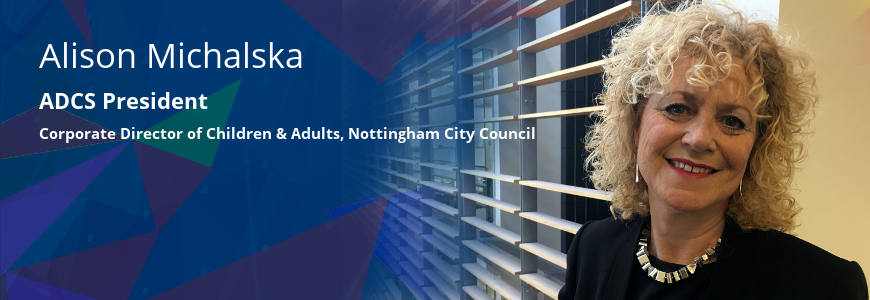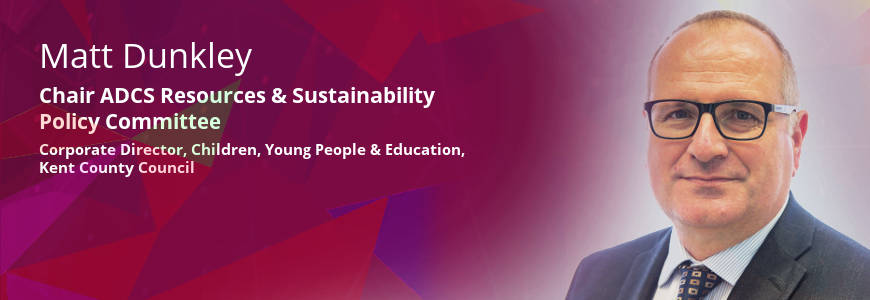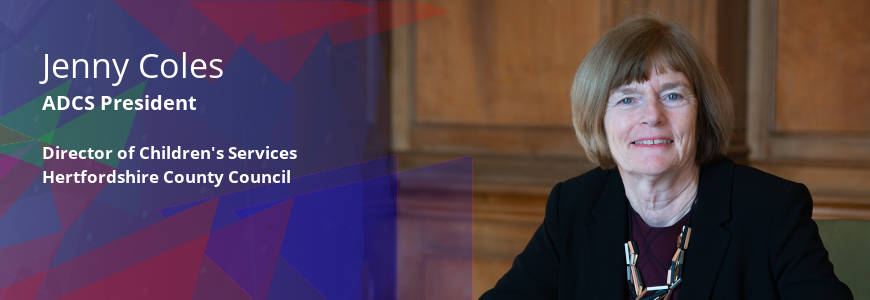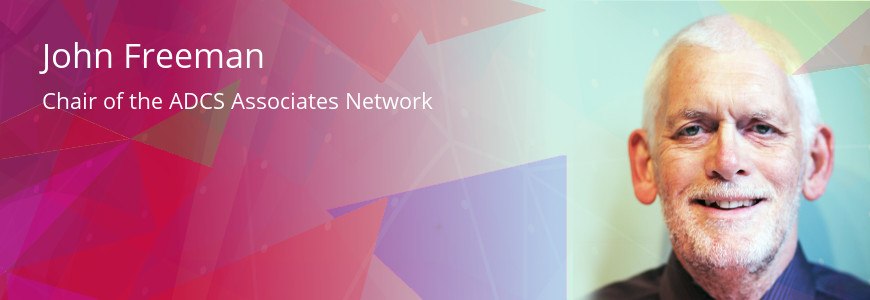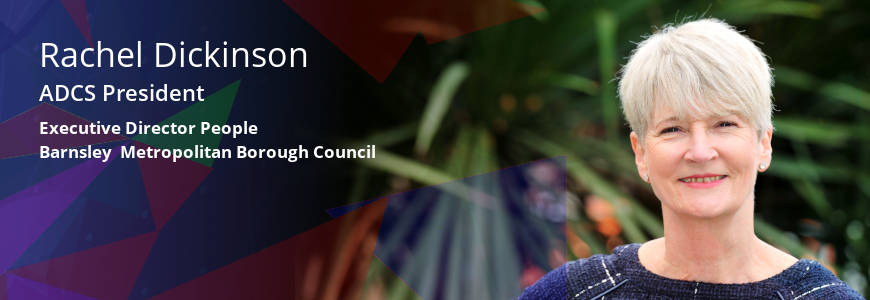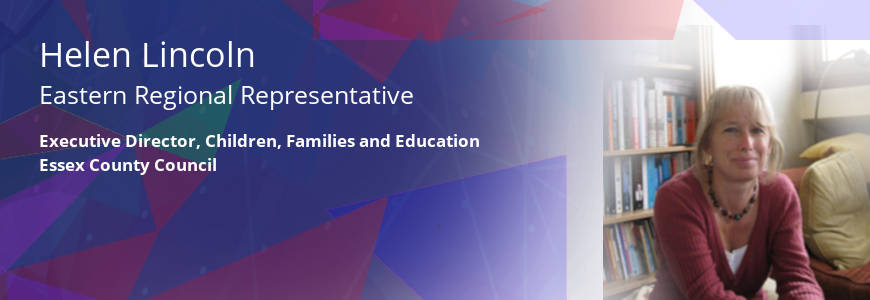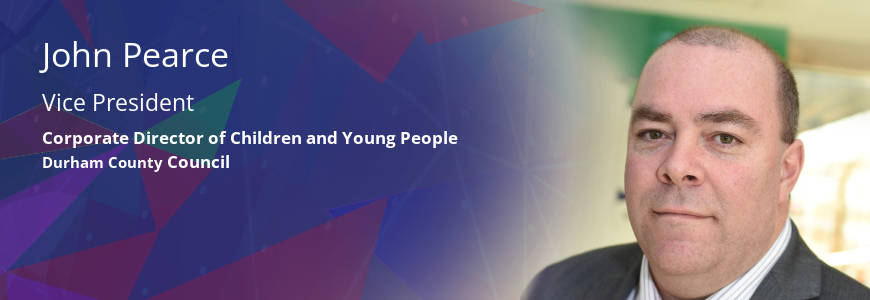Community Engagement
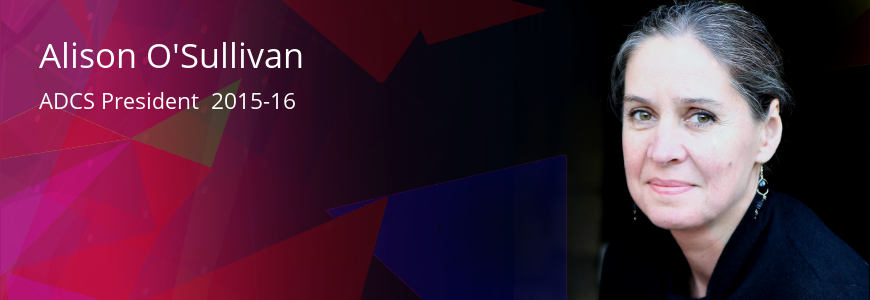
I was one of the speakers at the Research in Practice Leaders Forum last week in Coventry. This year’s forum explored the topic of community engagement, community resilience and building social capital. The Forum gave leaders of local services for children and families and adult social care the opportunity to explore current issues with their peers.
In my presentation I spoke about the approach we are developing in Kirklees around engaging with local communities and in particular our work around harnessing community capacity to support children and families.
There are three levels of activity which could fall under this broad heading.
First, we are developing a new and different relationship between the council and communities. This involves a broad based engagement approach designed to change the relationship between the council and the local people.
A good example of this can be seen in a successful bid to the Bloomberg challenge which led to the creation of a new approach called “Comoodle”.
Comoodle is an online tool for people to share and request assets to build a strong sharing community. So they can get the right stuff, space or skills to improve their community.
The tools people want are obviously different – however some people want the same things but at different times - which mean they can be a shared resource, for example, a meeting room that’s sometimes empty can be used to bring young parents together.
The Bloomberg Challenge is an ideas competition that gives European cities a chance to win funding for bold new ideas as a result of major urban issues. Barcelona took the first prize – however, our bid to develop new ways of sharing our skills, unused assets and spaces with communities won €1 million! The other winners were Warsaw, Stockholm and Athens.
Another example is Cities of Service - a successful US initiative which has harnessed volunteering to address key issues. It is co-funded by Cabinet Office and Nesta (an innovation charity).
Kirklees is one of seven local authorities piloting the new UK Cities of Service Programme. It has given us the opportunity to strengthen our local volunteering partnerships and develop a vibrant volunteering culture in our district.
Secondly, we are developing a radical approach to the redesign of early intervention and preventive services for children and families.
Learning from our stronger families programme and from public health experiences, we are designing various approaches to provide more flexible support to children and families who may need help or intervention to protect or care for children.
The work that is being done cuts across all aspects of the council and drives some of the most radical changes the council has ever seen. Early intervention and prevention is about reducing demand, preventing family breakdown and maximising independence. Our intention is to address problems at the earliest opportunity before they escalate, work in partnership to improve outcomes for everyone, and help more people in the most appropriate way with the limited amount of money we have available to us.
Investing early in prevention in adult social care, children and family services can reduce or delay the need for costly crisis intervention or care services. It has the potential to save the council a huge amount of money – however it also has the potential to be better, if done right, for the people who receive support!
This whole new approach fits well with our Health and Wellbeing Strategy and Kirklees Economic Strategy.
Thirdly, Kirklees successfully bid for £400,000 of funding to help some of our most vulnerable young people via a new ‘Kirklees Cares’ project. The project, launching later this year, provides mentoring support to looked after children when they are preparing to leave care.
The funding comes from central government and is part of the Transformation Challenge Award which seeks to improve young people’s health, education and job prospects.
The work includes creating a strong network of people working across council services - housing, benefits and leisure - and our local business community to positively draw on the wealth of knowledge and expertise available to support our local care leavers. We are also developing a Leaving Care App and linking to New Beginnings Phase 2 – with the intention of making a step change to the quality of leaving care support.
But, I think the most important part is that we are changing mindsets. We’re moving away from a paternalistic approach to one in which we get alongside people in our communities and listen to what they say; where we can recognise and utilise the assets in our communities rather than worrying about the ‘deficits’; and importantly, we are letting go of control in order to create the space for people themselves to step forward and take responsibility in their own community.
There are barriers but by recognising what they are, reframing our approach and working closely with elected members, we are redefining the relationship between the council and its communities - who all have the knowledge and expertise to help make it happen!
Finally, I’m going to be trying my hand at some new technology “storify” in the next few days – to give a fuller picture on the conversations that have been taking place around these important areas of work – so will be sharing that soon!
Related Blog Articles
The ADCS Annual Conference 2018 opened on Wednesday 4 July in a very sunny...
In General
I am sat writing this blog recovering from a bout of covid, a sharp reminder...
In Funding
Over the past 12 months I have had the privilege of leading Doncaster...
In Care
I feel we are at the end of the beginning, rather than the beginning of the end....
In General
Firstly, can I start by wishing everyone a Merry Christmas and all the best for...
In General
Three weeks on from our ADCS conference in Manchester and I am still feeling a...
In General
The Eastern ADCS region is made up of five large shire counties and six unitary...
In Funding
I want to start the first blog of 2018 by wishing you all a very Happy New Year....
In General
As I write this blog, we are in the final days of the various general election...
In General
Like the Tokyo Olympics, Wimbledon and Glastonbury, the pandemic delayed another...
In Safeguarding & Child Protection
Now that Parliament has risen and we are in the depths of the summer recess,...
In Education
Last week I had the great privilege of delivering my inaugural speech as ADCS...
In General
In the midst of what has been a very difficult few weeks, Covid-19 promises to...
In General
In preparation for writing this blog I looked back to my last one in July which...
In General
With the growing pressures facing children’s services in mind, I like many...

